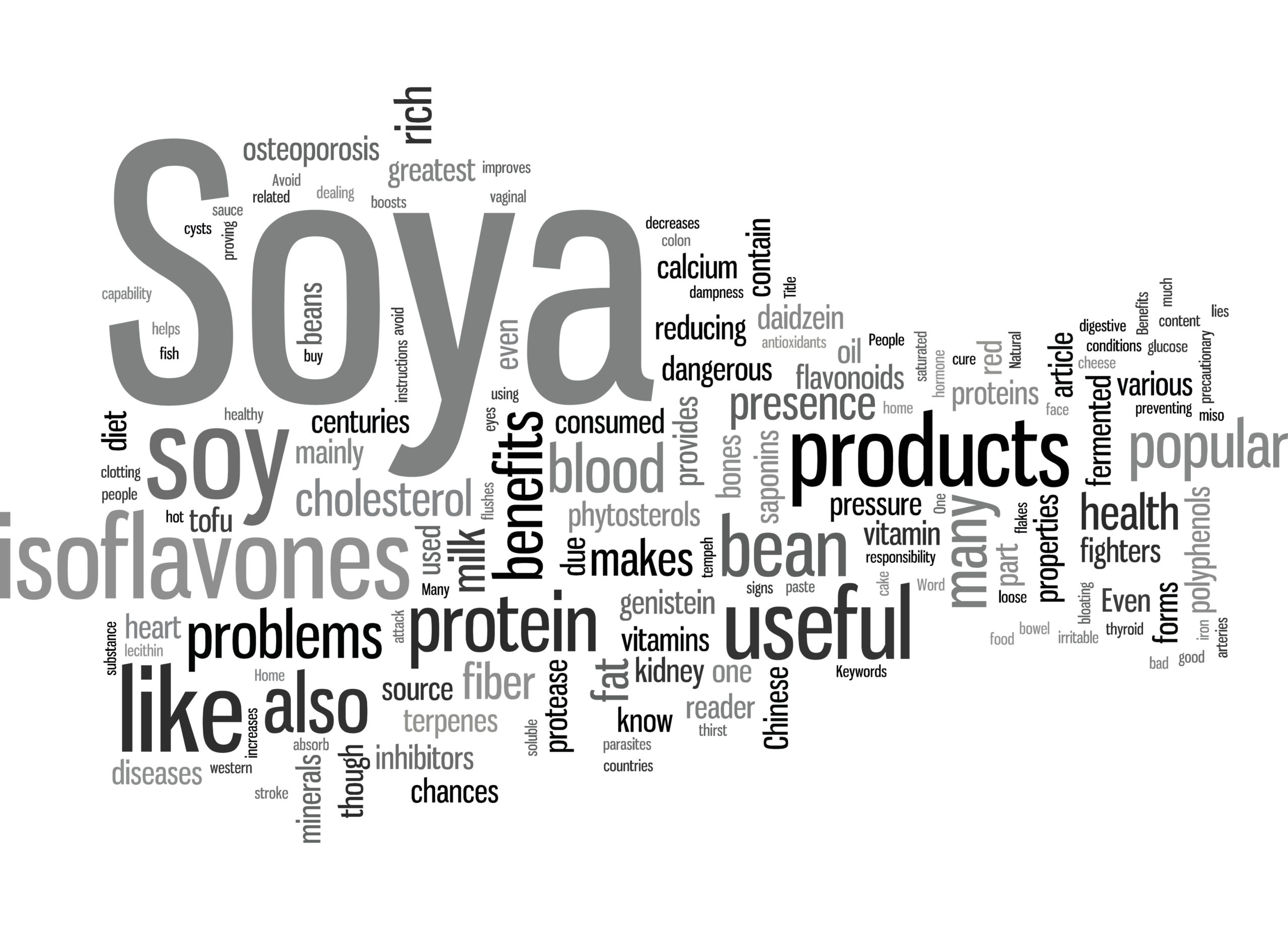- Empty cart.
- Continue Shopping

What are Isoflavones?
So what are Isoflavones?
Isoflavones are a certain type of flavonoid found in the bean family and are members of the Fabaceae (Leguminosae) groupand when humans consume them they are supposed to act as phytoestrogens there is also evidence that Solanaceae, Rutaceae and Cannabaceae familia’s also produce these types of flavonoid.
Isoflavones are also known to possibly effect the oestrogen receptors and can enhance the production of enzymes in sex hormones.
What Colour are they
Isoflavones come in all colours they are not fond in such high quantities as other flavonoids some of the common isoflavones like biochanindaidzein and genistein come in lots of colours.
Isoflavones are found commonly in
Red clover, soybeans, red clover, white clover (seeds), and many types of hemp seeds.

Is there any Supporting research?
Well in a nutshell no, but there is science that points towards the benefits of isoflavone but the consumption of the compound is very much still under review.
The “Institute of Food Chemistry and Technology” in Vienna did a study in 2001 and examined some isoflavone extracts daidzein, genistein, daidzein, and biochanin during this research the scinetists found out that the compounds had a high radical scavenging capacity, this means that they have a large effect on extra production of free radicals in the humans system.
Some research has been done by Chinese researchers which highlighted the “anti-oxidation” effects of soybean in rats over four weeks these test on isoflavones with the influence of antioxidant enzymes on the liver of the rats showed significant reduction the number of oxygen free radicals within the test subjects in the animal study 2005.
Further to the supporting evidence a students dissertation at the Institute of “Chemical Technology in Prague” showed the presence of isoflavones in many plant families including but not excluding Fabaceae. There could also be a possible beneficial impact of isoflavones on prostate cancer, breast cancer, menopause, cardiovascular disease and osteoporosis.
Are there any side effects?
Preclinical studies show that Isoflavones can be well tolerated in humans and animals, with the FDA and European Food Safety Authority finding no adverse effects. Although in this study there could be some conflict in the evidence regarding Isoflavones effect on estrogen receptors that may occur in the soy isoflavone found in the soya bean and women with a history of breast cancer may be best to avoid the compound but this is not at this time conclusive.


